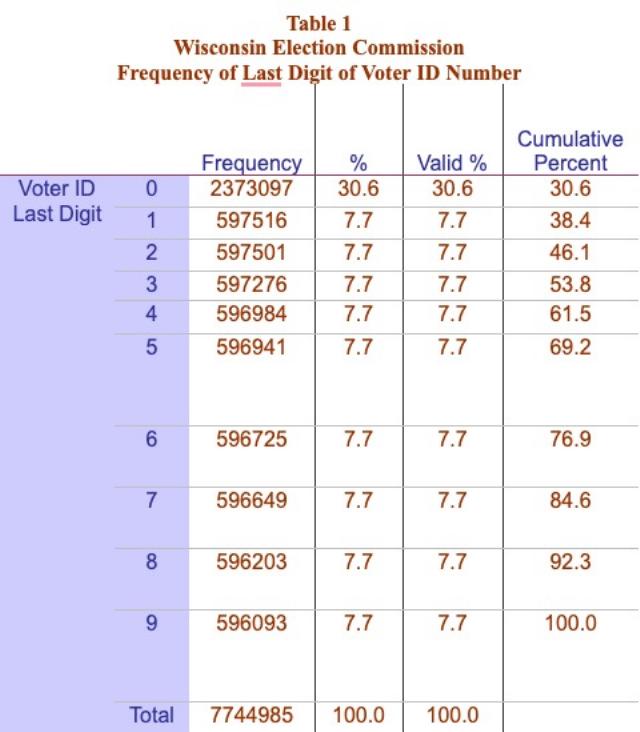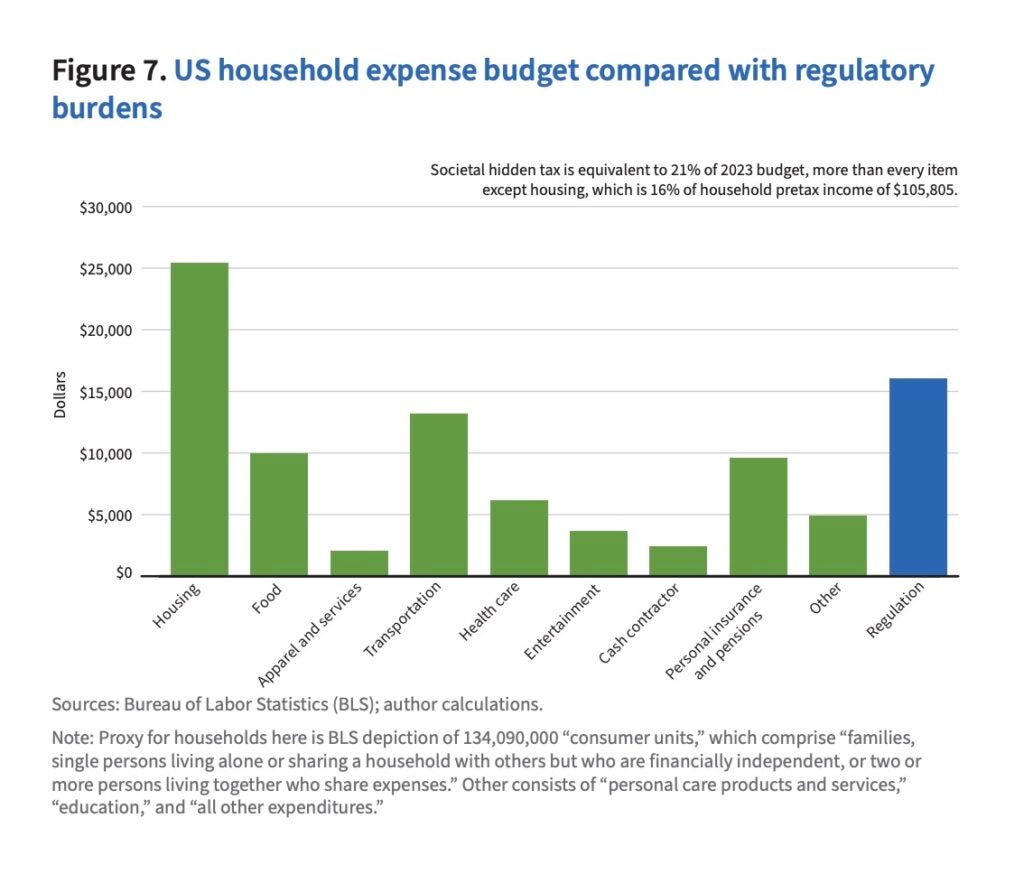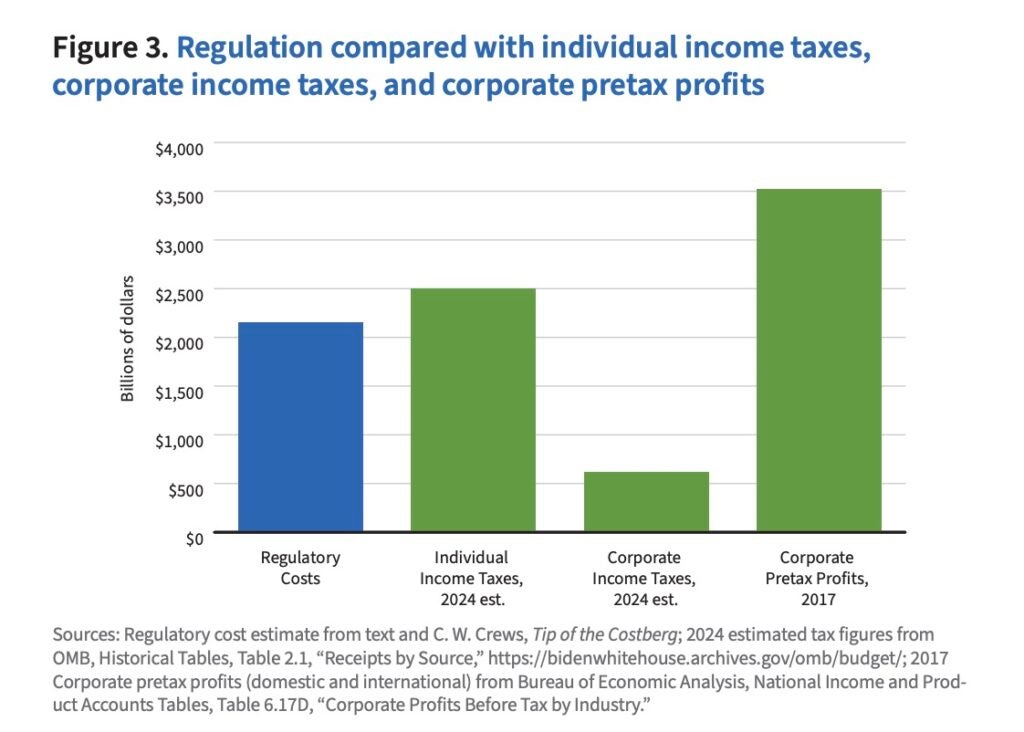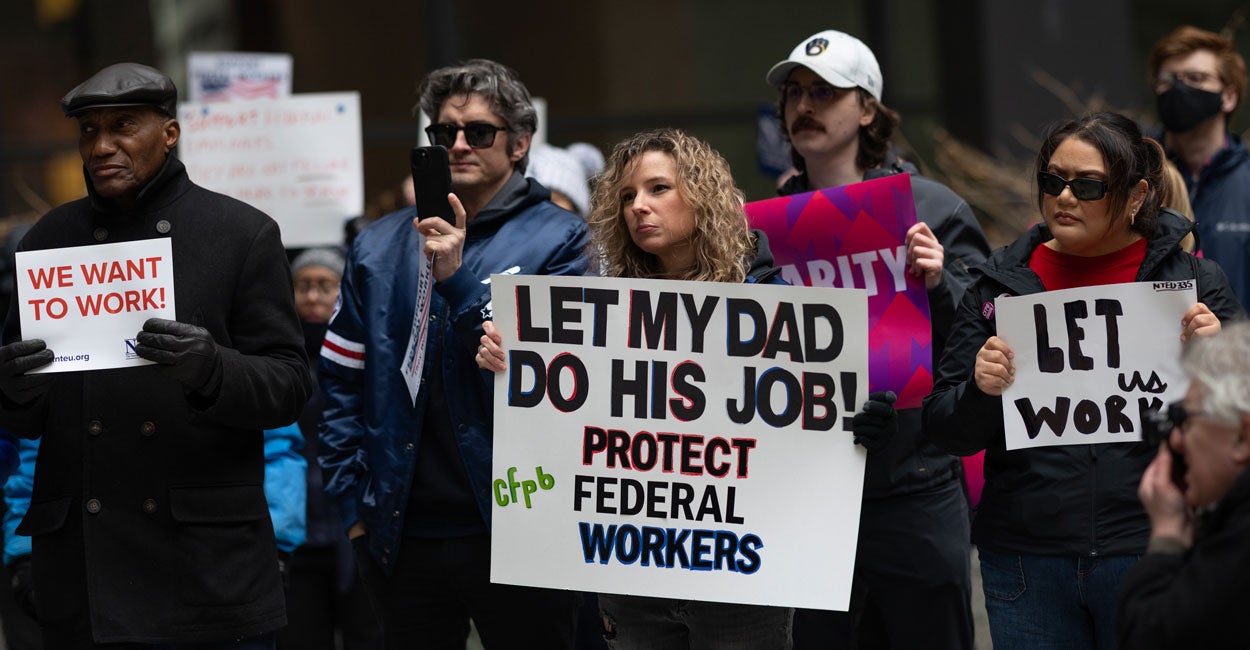Save Us From the CBO
White House chief economist Kevin Hassett hit on a wider problem last week when he criticized the overly pessimistic prediction out of the Congressional Budget Office’s revenue estimating partner. The Joint Committee on Taxation said extending the 2017 tax cuts would cost some $4.6 trillion in government revenue over 10 years. Mr. Hassett pointed out that if the House reconciliation bill’s tax cuts could boost economic growth to 3%—still less than the post-World War II average— it would restore more than $4 trillion in income to Washington. In doing so, Mr. Hassett uncovered an issue that has swerved Washington into bad policy for decades.
The most powerful forces on Capitol Hill aren’t the House speaker and Senate majority leader, they’re the CBO and JCT. These two unelected bodies forecast how legislation could change spending and revenue over the next decade. Too often, these predictions are wildly off base.
In their defense, it isn’t an easy job. As Yogi Berra is supposed to have said: “Making predictions is hard to do, especially about the future.” What’s less defensible: The computer models that the CBO and JCT use for their predictions keep making the same mistakes.
The CBO and JCT routinely overestimate revenue from tax-rate increases as well as losses from tax cuts. The most recent example is the CBO estimate of the 2017 Trump tax cut’s fiscal effects. Its prediction has proved almost $1.5 trillion too low so far.
The explanation for this persistent error is that the CBO’s and JCT’s computer models fail to take adequate account of how tax-rate changes affect the amount and timing of businesses’ and workers’ decisions—including how much to save, invest and work. Higher tax rates also lead to more tax-avoidance strategies. Imagine how many decisions you would make differently if your income-tax rate rose from 20% to 50%.
Though the modelers now do some dynamic scoring, even this insufficiently accounts for the macroeconomic effects of lower taxes on growth.
Economists have decades of evidence that in most cases, U.S. tax-rate increases have lowered economic growth while tax-rate reductions have increased growth and employment. It happened after the tax cuts urged by Presidents Coolidge, Kennedy, Reagan and Trump. The CBO and JCT’s algorithms don’t adequately account for those historical data.
An infamous example of the JCT and CBO models’ spitting out crazy results came when Sen. Bob Packwood in 1988 requested that the JCT estimate how much revenue would be raised if Congress lifted the top tax rate on income above $200,000 to 100%. The answer to that is obviously close to zero. But the CBO calculated revenue increases of $104 billion the first year, $204 billion the second year, $232 billion in the third, and $299 billion in the fourth and fifth.
That gaffe is old, but the models are hardly better today. The CBO issued one of its most absurd revenue estimates to date this year on a bill sponsored by Senate Majority Leader John Thune to eliminate the federal gift and estate tax. The CBO told Congress it would cost the government more than $600 billion in lost revenue over the next decade. That’s hard to believe, given that the tax raised less than $34 billion in 2023, the latest year reported and the highest level of annual revenue from that tax this century. The CBO’s estimate entirely ignores studies that find that eliminating the estate tax would direct less money into estate-tax planning and avoidance and more money toward reinvestment in family-owned businesses and other ventures. Yet the CBO assumes virtually no benefit to the economy from eliminating this deleterious tax. A Ouija board could turn out more accurate prognostications.
Though these predictions so often fail, relying on terrible assumptions, Congress is still largely a slave to the CBO’s authority on the cost of a bill. The media brandish estimates from it and the JCT to frighten off legislators interested in growth-focused policy. Too often, it works. That’s no way to run a country.










